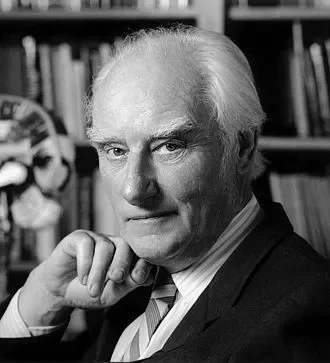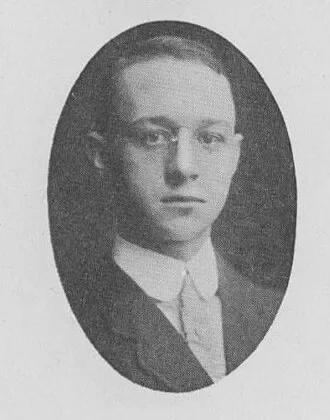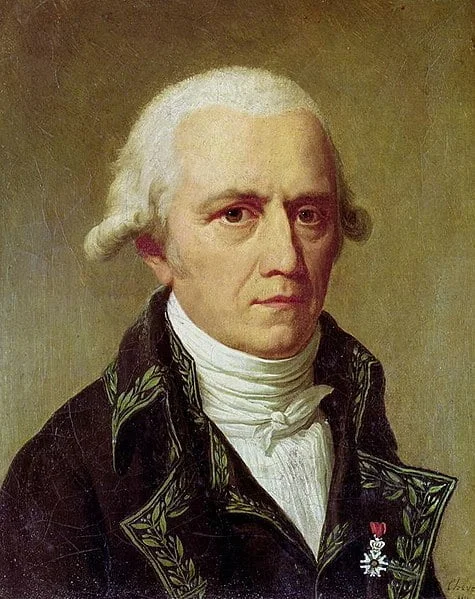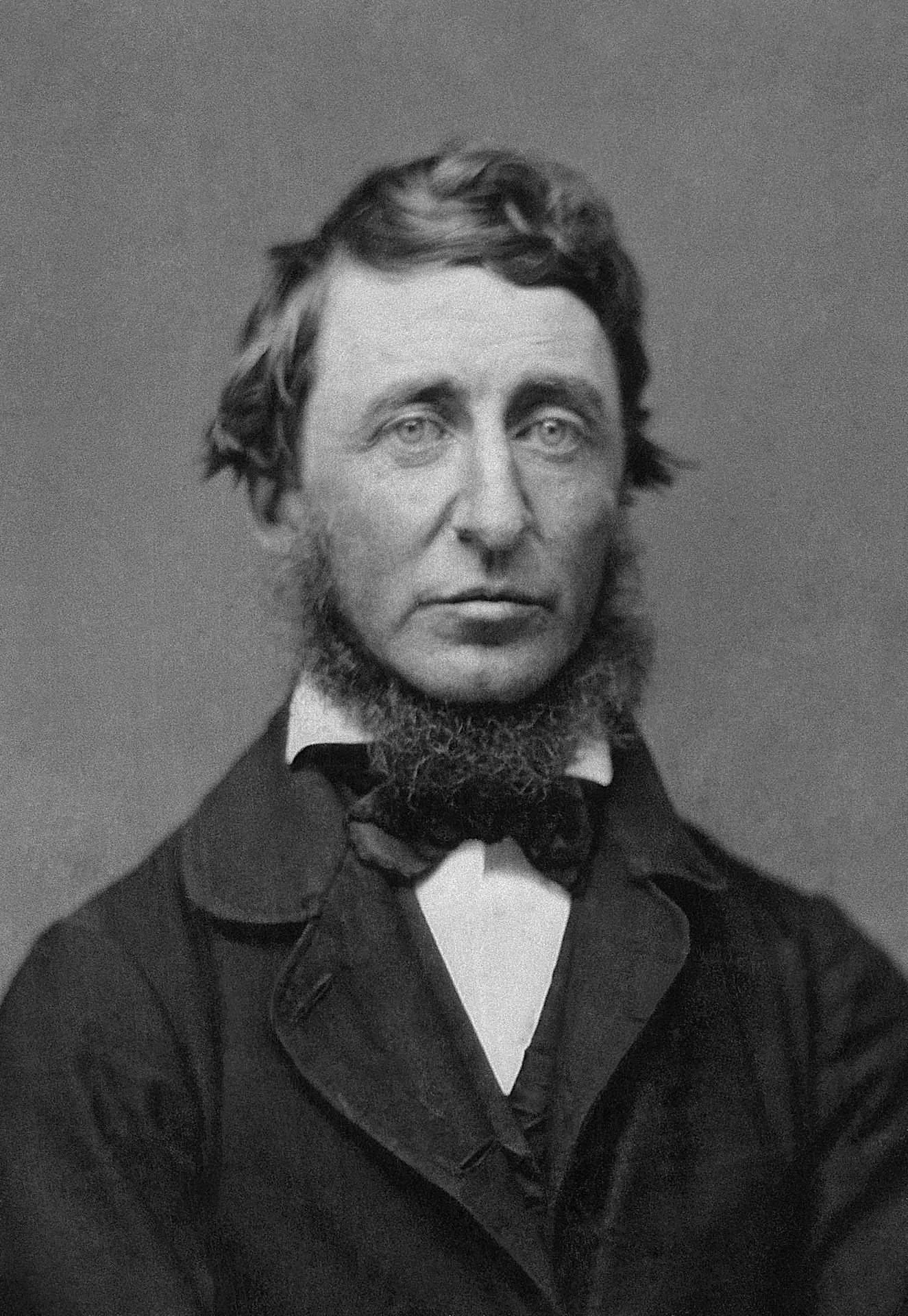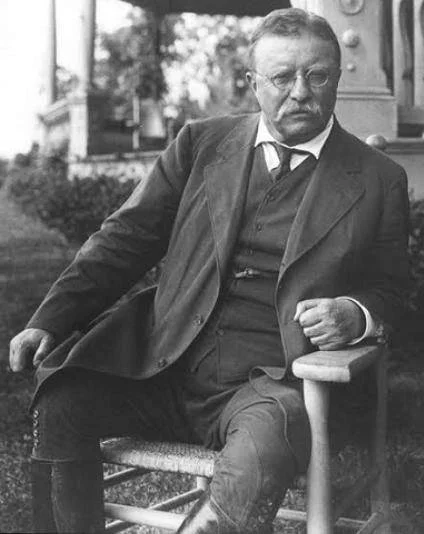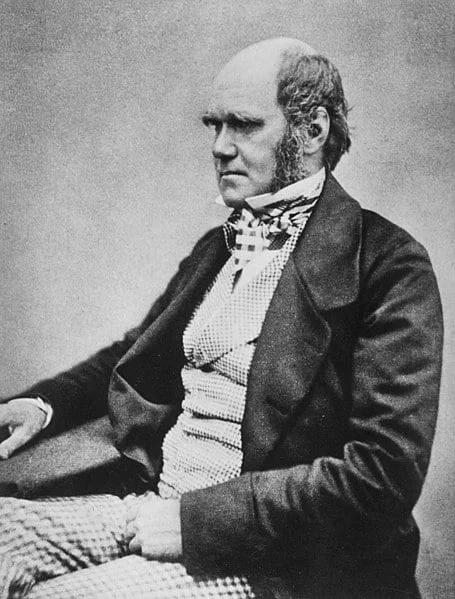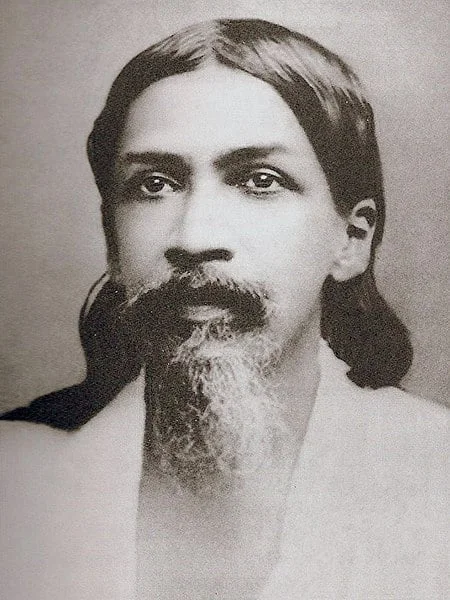Real Celebrities Never Die!
OR
Search For Past Celebrities Whose Birthday You Share
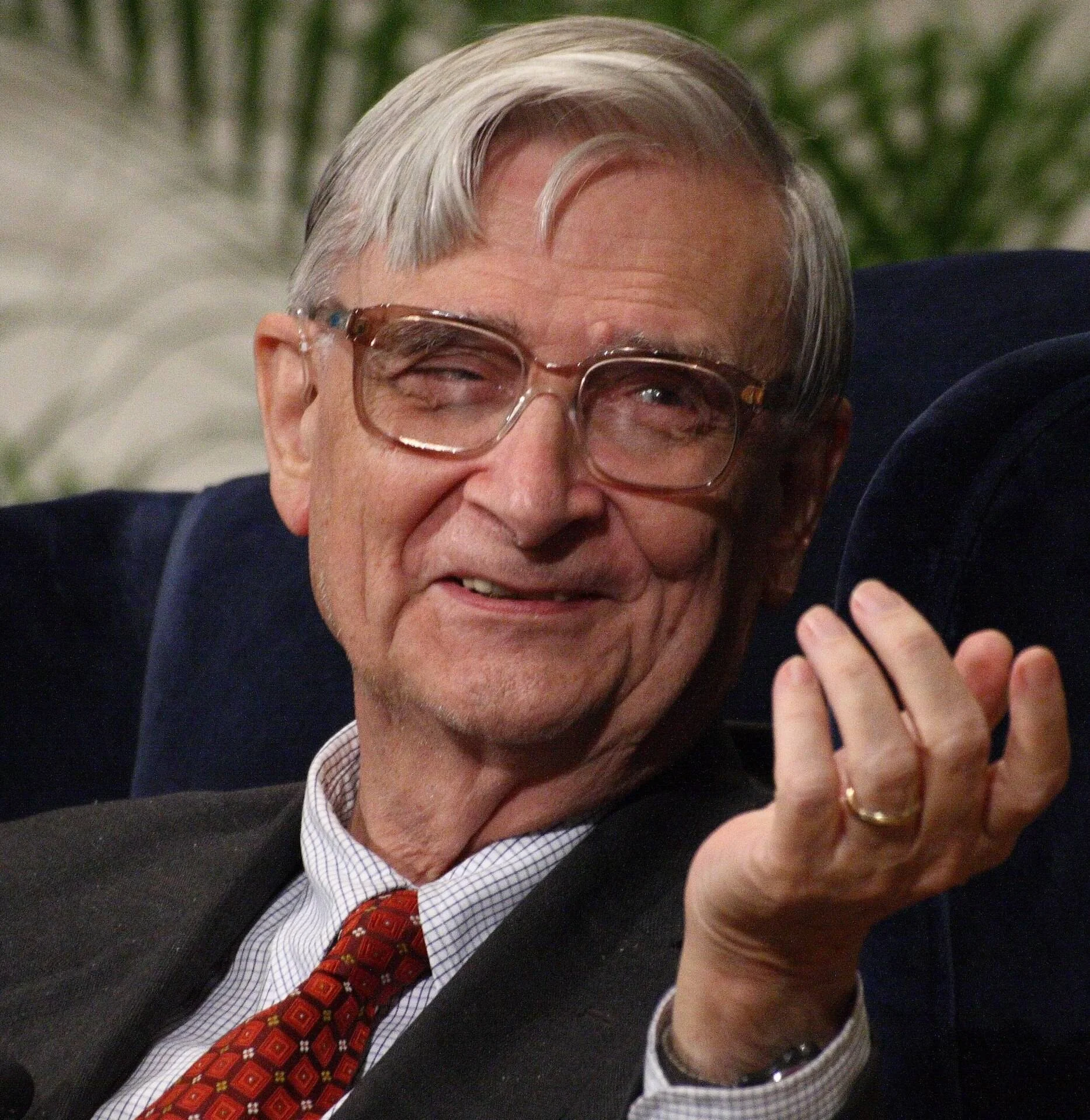
source: wikipedia.org
E.O. Wilson
Birthday:
10 Jun, 1929
Date of Death:
26 Dec, 2021
Cause of death:
Unknown
Nationality:
American
Famous As:
Biologist
Age at the time of death:
92
E.O. Wilson's Quote's
Introduction: A Pioneer in Sociobiology and Biodiversity E.O. Wilson
Edward Osborne Wilson, commonly known as E.O. Wilson, made significant contributions to the fields of sociobiology and biodiversity. His groundbreaking work earned him the nicknames “father of sociobiology” and “father of biodiversity.” Wilson’s research, particularly on ants and social behavior, influenced modern biological science and environmental conservation.
Early Life and Interest in Nature
Born in Birmingham, Alabama, Wilson developed a passion for nature and insects at an early age. As a child, he became an avid collector and observer of ants, which would later define his career. At the age of seven, a fishing accident left him blind in his right eye. This accident affected his depth perception and his ability to observe birds, a common interest for naturalists. Unable to pursue ornithology, Wilson shifted his focus to smaller creatures, particularly insects, which could be observed at closer range with his remaining eyesight.
Academic Pursuits and Early Career
Wilson began his formal education in biology at the University of Alabama, where he earned both his B.S. and M.S. degrees. His academic excellence and passion for entomology led him to Harvard University, where he completed his Ph.D. in 1955. The following year, he joined the Harvard faculty as an assistant professor. His tenure at Harvard lasted until his retirement in 1996, during which time he became a leading figure in evolutionary biology and a mentor to numerous students in the field.
Leading Expert on Ants
Wilson’s research on ants established him as one of the world’s foremost myrmecologists. Over the course of his career, he described over 450 new species of ants, conducting fieldwork in diverse environments around the world. His meticulous studies revealed important insights into the complex social behavior of ants, such as their organization, communication, and division of labor. These findings played a critical role in shaping his later theories about social behavior in both animals and humans.
Sociobiology: A Groundbreaking and Controversial Theory
Wilson’s most influential contribution to science came with the publication of his 1975 book “Sociobiology: The New Synthesis”. In this work, Wilson proposed that much of animal and human social behavior, including altruism, aggression, mating, and morality, has a genetic basis and is shaped by natural selection. His theory of sociobiology argued that behaviors are not solely products of culture or environment, but are deeply influenced by evolutionary history and biological factors.
This concept sparked controversy, especially with regard to its application to human behavior. Critics accused Wilson of promoting biological determinism—the idea that genes entirely govern human actions. Nevertheless, sociobiology became a foundational theory in evolutionary biology, influencing research in psychology, anthropology, and genetics. Over time, E.O. Wilson’s ideas gained wider acceptance, and many scientists now recognize the importance of biology in shaping social behavior.
Advocacy for Biodiversity and Conservation
Beyond sociobiology, Wilson made enormous contributions to the study of biodiversity and environmental protection. In 1985, he coined the term “biodiversity” to describe the variety of life on Earth. E.O. Wilson recognized that biodiversity is crucial for ecological stability, human well-being, and the aesthetic value of nature. His research and advocacy raised awareness of the importance of preserving diverse ecosystems.
Wilson warned about the dangers of habitat loss, climate change, and overpopulation, emphasizing the urgent need for conservation efforts. He advocated for practical solutions, such as creating more protected areas for wildlife, promoting sustainable development, and encouraging biophilia—humans’ innate love for living things. His ideas on biophilia suggested that fostering a connection to nature is essential for the conservation movement, as it encourages people to care for the environment.
Impact and Legacy
Throughout his career, Wilson wrote numerous books on biology, ecology, behavior, and evolution. His writing not only targeted academic audiences but also sought to educate the public about the natural world and the importance of conservation. Wilson’s ability to communicate complex scientific ideas in accessible language made him one of the most influential science writers of the 20th century.
Wilson’s legacy extends beyond his scientific achievements. He inspired generations of biologists and conservationists, helping to shape modern environmental movements. His advocacy for protecting the planet’s biodiversity continues to influence global conservation strategies today.
Death and Enduring Influence
E.O. Wilson passed away in 2021 at the age of 92, but his impact on science and conservation endures. His pioneering work in sociobiology, biodiversity, and conservation has left a lasting imprint on the scientific community and environmental policy. Wilson’s efforts to understand and protect the natural world have inspired countless scientists, naturalists, and environmental advocates.
In conclusion, E.O. Wilson’s contributions to sociobiology and biodiversity have revolutionized our understanding of social behavior and the natural world. His life’s work continues to inspire both scientific inquiry and environmental activism, solidifying his place as one of the greatest biologists of modern times.
Name:
E.O. Wilson
Popular Name:
E.O. Wilson
Gender:
Male
Cause of Death:
Unknown
Spouse:
Place of Birth:
Birmingham, Alabama, U.S.
Place of Death:
Burlington, Massachusetts, U.S.
Occupation / Profession:
Personality Type
Architect: E.O. Wilson was more interested in logic and objective facts. He had the constant need to analyze everything around him.
He was named one of “America’s 25 Most Influential People” by Time magazine in 1996.
He won the Pulitzer Price twice for general nonfiction.
Wilson lost most of the vision in his right eye due to a fishing accident that took place when he was young.
Wilson only read two books completely in his high school - “The Virginian” by Owen Wister and “The Boy Scout Handbook.”
He was awarded the International Prize for Biology in 1993.
He was awarded the U.S. National Medal of Science in 1977.
He was elected to the American Philosophical Society in 1976.
He won the Academy of Achievement Golden Plate Award in 1988.
He won the Pulitzer Prize for The Ants in 1991.
Wilson was elected to the National Academy of Sciences in 1969.
Wilson won the Pulitzer Prize for On Human Nature in 1979.

